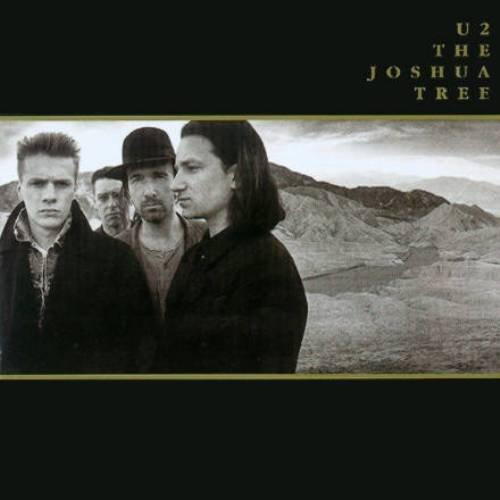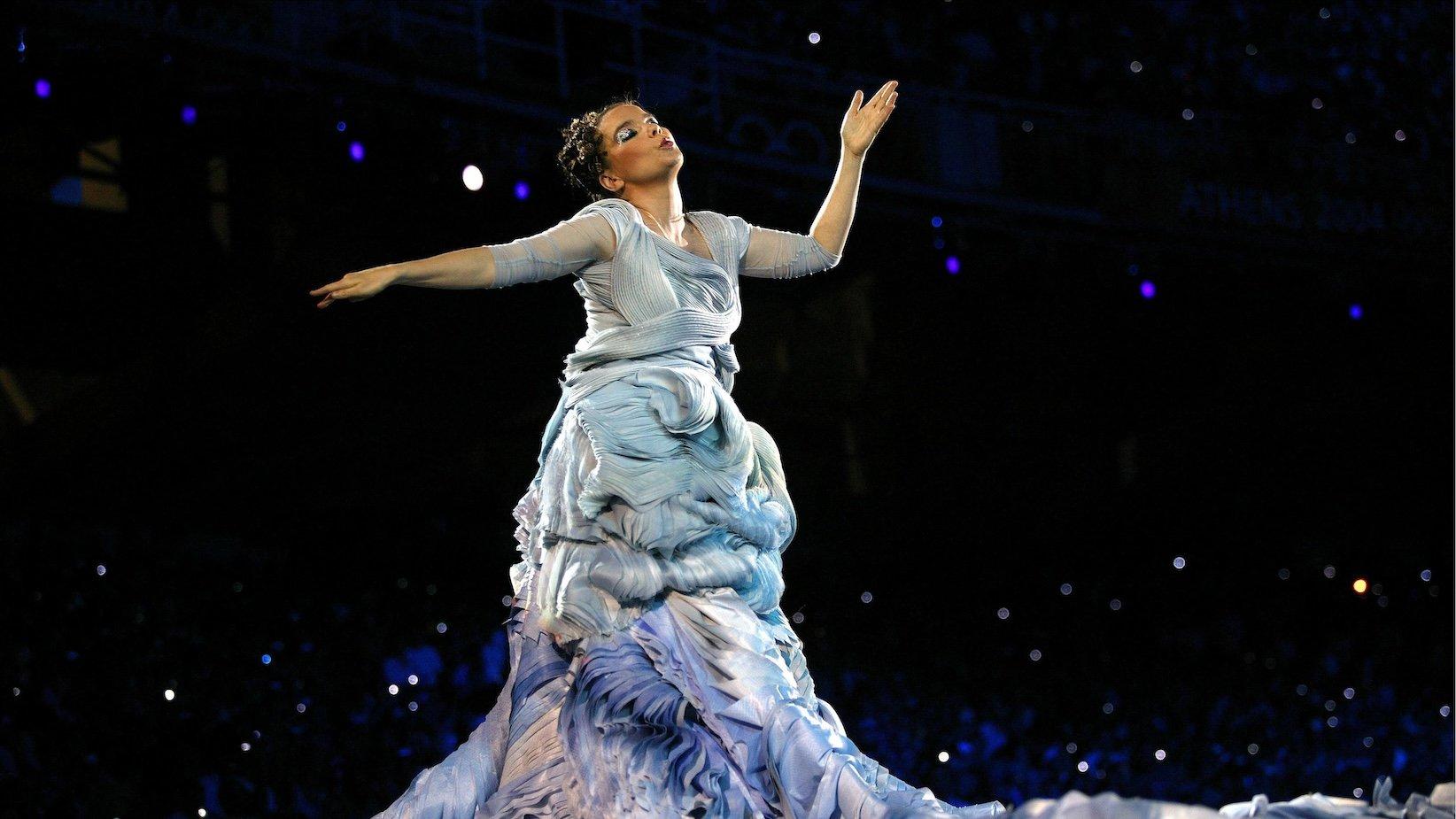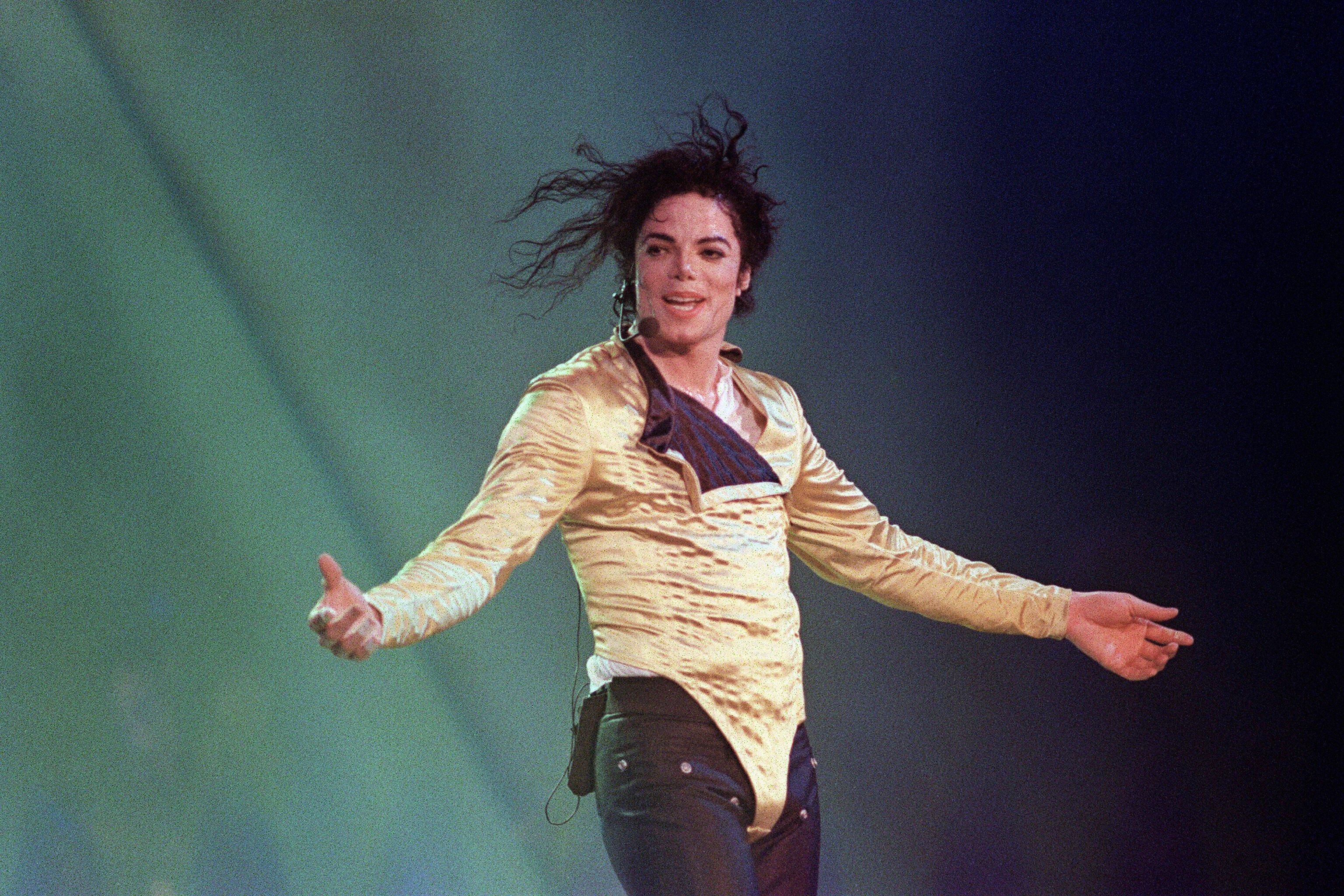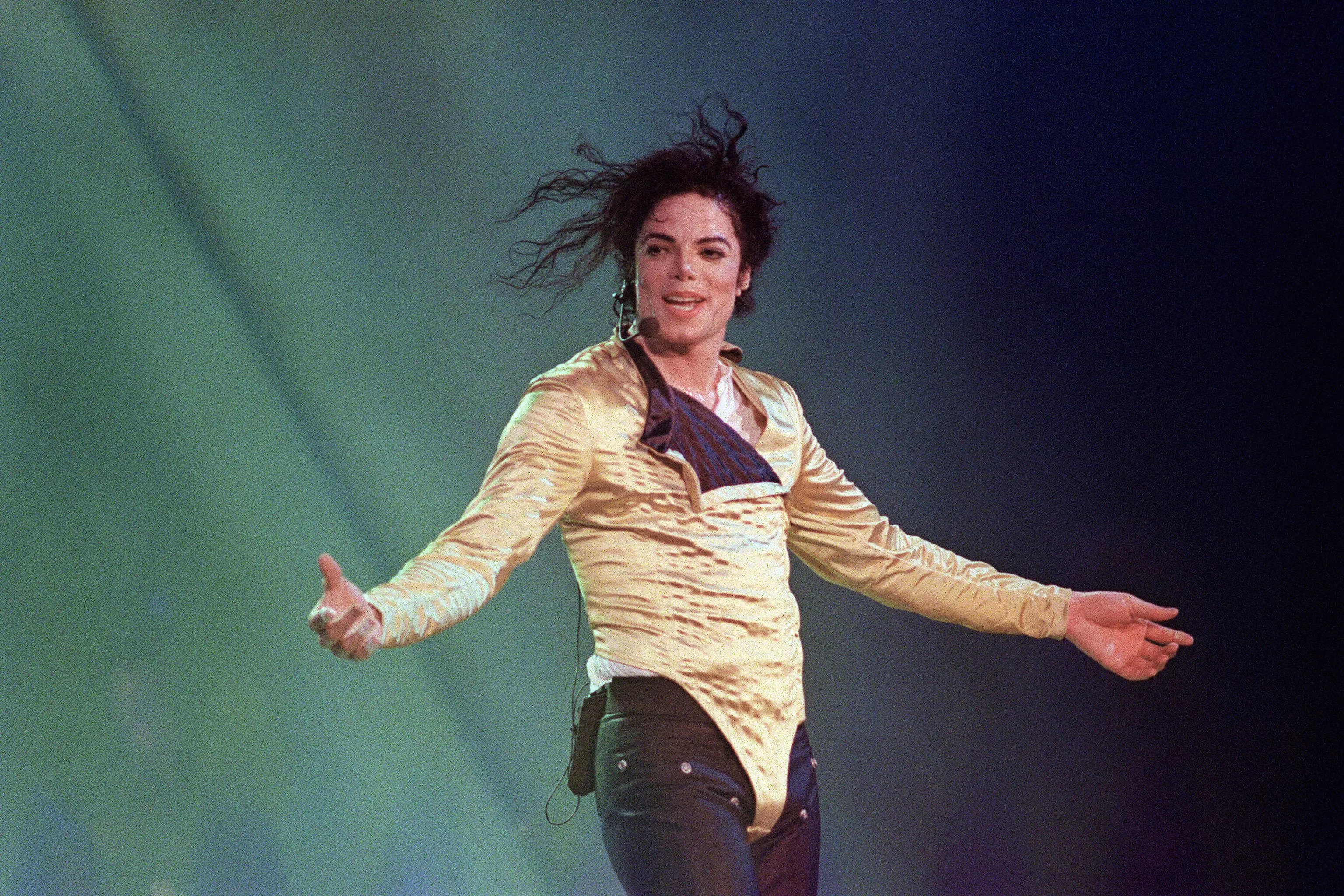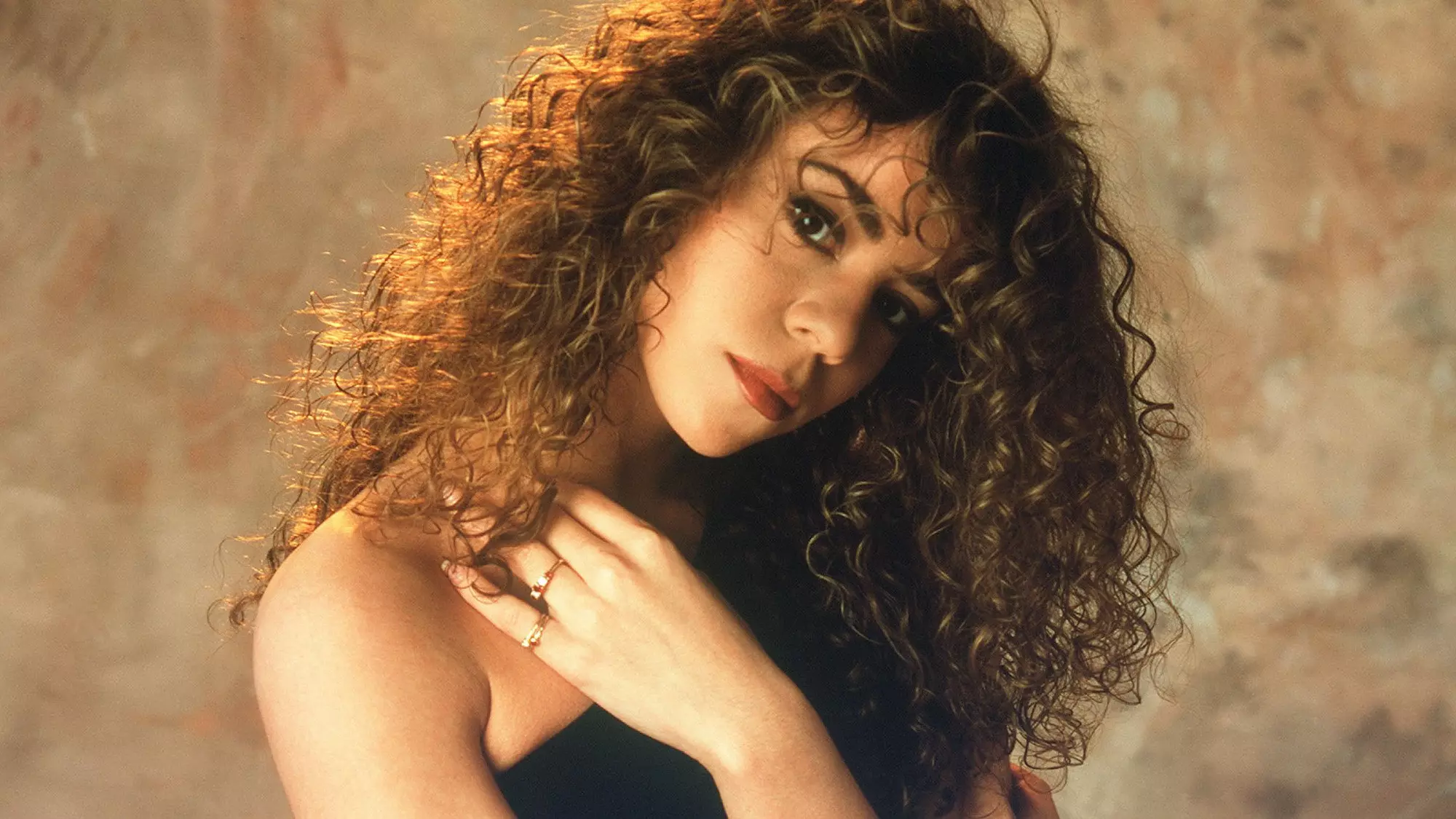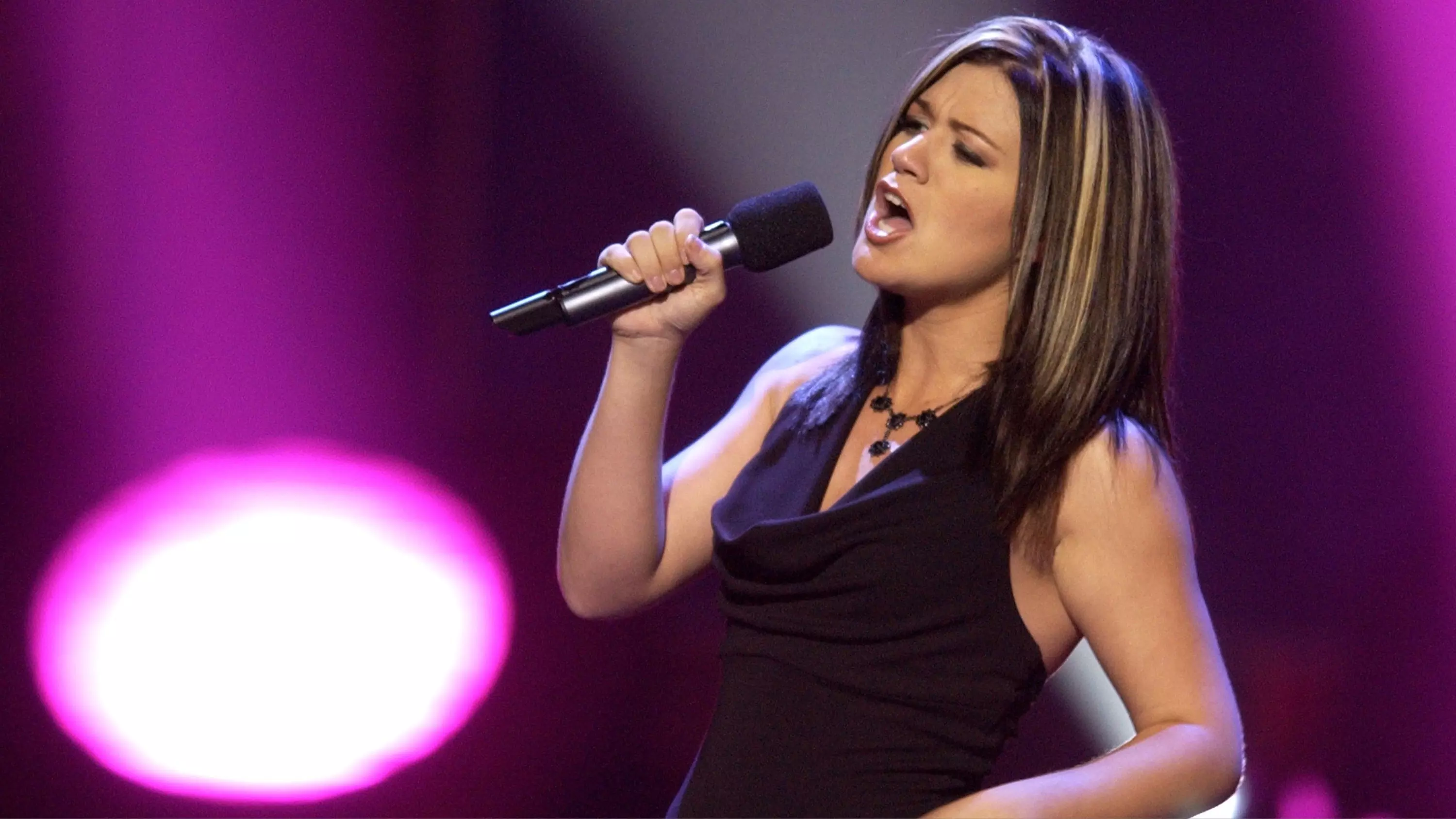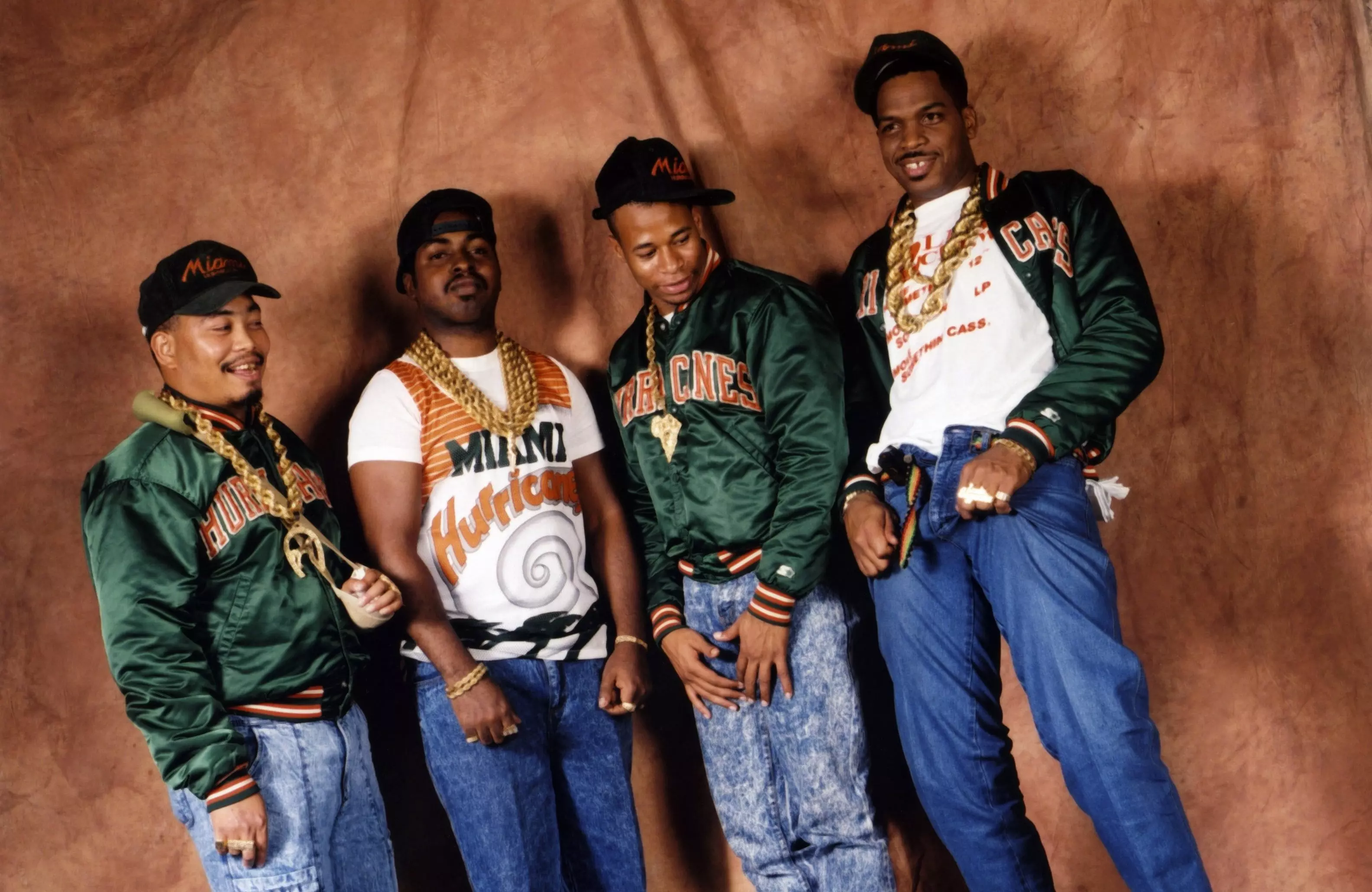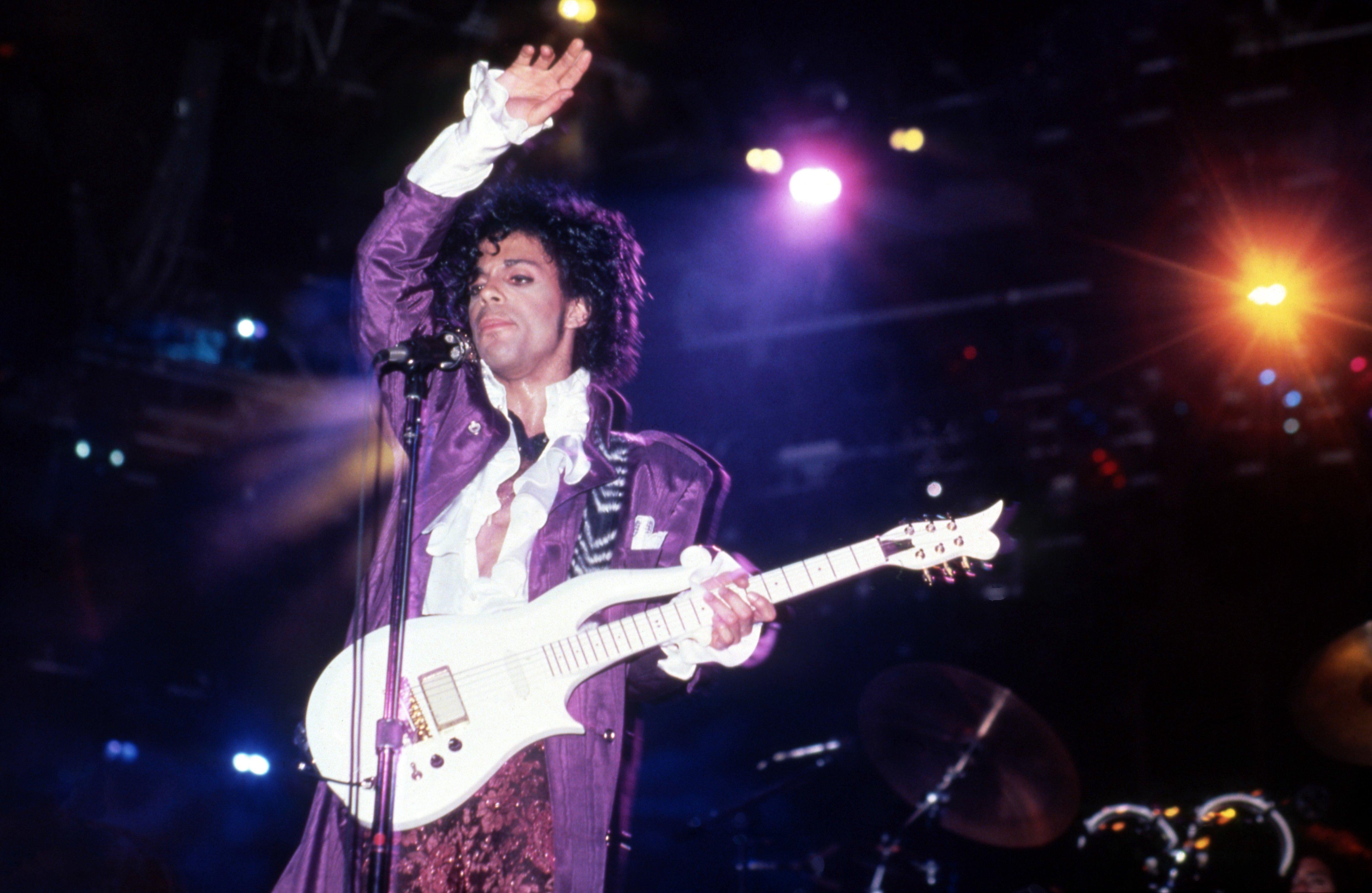*(For a list of 54th GRAMMY Awards nominees, click here.)*
Music's Biggest Night, the 54th Annual GRAMMY Awards, will air live from Staples Center in Los Angeles on Sunday, Feb. 12 at 8 p.m. ET/PT on CBS.
In the weeks leading up to the telecast, we will take a stroll down music memory lane with GRAMMY Rewind, highlighting the "big four" categories — Album Of The Year, Record Of The Year, Song Of The Year, and Best New Artist — from past awards shows. In the process, we'll examine the winners and the nominees who just missed taking home a GRAMMY, while also shining a light on the artists' careers and the eras in which the recordings were born.
Join us as we take an abbreviated journey through the trajectory of pop music from the 1st Annual GRAMMY Awards in 1959 to last year's 53rd Annual GRAMMY Awards.
30th Annual GRAMMY Awards
March 2, 1988
Album Of The Year
Winner: U2, The Joshua Tree
Whitney Houston, Whitney
Michael Jackson, Bad
Dolly Parton, Emmylou Harris And Linda Ronstadt, Trio
Prince, Sign 'O' The Times
node: video: U2 Win Album Of The Year
Arguably, the decade's biggest artists were nominated for Album Of The Year in 1987. U2 won for their huge breakthrough, The Joshua Tree. It contained the band's first No. 1 single (the GRAMMY-nominated "I Still Haven't Found What I'm Looking For") and established them as, in the words of frontman Bono on the 43rd GRAMMY telecast, the best band in the world. It took an album that monumental to knock off some towering competition. Houston didn't fall prey to a sophomore slump with her second album, Whitney, which spawned four No. 1 hits and, perhaps also in the words of Bono, made her the biggest R&B singer in the world. But the world's biggest R&B/rock/iconoclast may have been Prince, whose Sign 'O' The Times found the purple one at the pinnacle of his genre-stretching talents. The double album touched on an almost endless array of styles with the confidence of an auteur. Still another major hurdle for U2 to surmount was the King of Pop himself. Jackson's Bad was his follow-up to 1982's Thriller, and its five No. 1 singles showed Jackson was still in the most fertile period of his career. The final entry, the all-star teaming of Parton, Harris and Ronstadt, put three top contemporary country-leaning singers in the studio with a first-rate backing band that included Ry Cooder, Russ Kunkel, Albert Lee, and David Lindley, producing a harmony-rich, traditional country album.
Record Of The Year
Winner: Paul Simon, "Graceland"
Los Lobos, "La Bamba"
U2, "I Still Haven't Found What I'm Looking For"
Suzanne Vega, "Luka"
Steve Winwood, "Back In The High Life Again"
node: video: Paul Simon Wins Record Of The Year
In a relatively rare occurrence, only one of the Album Of The Year nominees made an appearance in the Record Of The Year race — U2 with their anthemic "I Still Haven't Found What I'm Looking For." The song's theme of searching for meaning in life became one of the deeper hit songs in recent memory, but other records here explored complicated themes. Simon's "Graceland" took the prize with an equally rich search for redemption. It was a winning reprise for Simon, who with partner Art Garfunkel scored his first GRAMMY for Record Of The Year in 1968 for "Mrs. Robinson." Singer/songwriter Vega had a neo-folk hit with "Luka," a somber tale of child abuse with a nonetheless catchy hook. East Los Angeles-based band Los Lobos, with a unique sound combining many elements of Anglo rock and Latin music, scored their biggest hit to date with a cover of Ritchie Valens' "La Bamba," a cut for the 1987 film of the same name. Finally, Winwood was cresting the wave of a comeback that started in 1980 with Arc Of A Diver. The former Traffic vocalist went Top 15 with "Back In The High Life Again," and soared to No. 1 with "Higher Love," which won Record Of The Year the year prior.
Song Of The Year
Winner: Linda Ronstadt & James Ingram, "Somewhere Out There"
Whitney Houston, "Didn't We Almost Have It All"
Los Lobos, "La Bamba (Adapted By Richie Valens)"
U2, "I Still Haven't Found What I'm Looking For"
Suzanne Vega, "Luka"
node: video: "Somewhere Out There" Wins Song Of The Year
Ronstadt and Ingram's duet "Somewhere Out There" was written by James Horner, Barry Mann and Cynthia Weil, and was featured in the 1986 animated film An American Tail. Horner would win a trio of statues a decade later for "My Heart Will Go On (Love Theme From Titanic)." Houston's "Didn't We Almost Have It All," written by Will Jennings and Michael Masser, made the cut. Five years later, Houston would win three GRAMMYs via the soundtrack to The Bodyguard. Los Lobos' take on "La Bamba" was also recognized. The soundtrack album featured other Valens classics such as "Come On Let's Go" and "Donna." U2 was cited again for "I Still Haven't Found …" To go with their Album Of The Year trophy, Bono and friends also won the GRAMMY for Best Rock Performance By A Duo Or Group With Vocal. Vega's "Luka," despite its dark subject matter, was her highest-charting single, reaching No. 3 on the Billboard Hot 100. Vega won her lone GRAMMY in 1990 for Best Album Package.
Best New Artist
Winner: Jody Watley
Breakfast Club
Cutting Crew
Swing Out Sister
Terence Trent D'Arby
node: video: Jody Watley Wins Best New Artist
The Chicago-born Watley, who was first nominated for a GRAMMY as a member of Shalamar in 1983, picked up Best New Artist honors. The pop/R&B songstress' 1987 self-titled debut album featured the GRAMMY-nominated hit "Looking For A New Love." New York-based pop group Breakfast Club — consisting of Stephen Bray, Gary Burke, Dan Gilroy, and Eddie Gilroy — scored a nod. An earlier incarnation included Madonna, and Bray went on to co-write several songs with the Material Girl herself, including "True Blue" and "Express Yourself." Also recognized were two UK pop bands: Cutting Crew, best known for their No. 1 smash "(I Just) Died In Your Arms," and Swing Out Sister, whose Jimmy Webb-inspired hooks were manifested in Top 40 hits such as "Breakout" and "Twilight World." With his wishing well in tow, D'Arby rounded out the nominees. His debut album, Introducing The Hardline According To Terence Trent D'Arby, won a GRAMMY for Best R&B Vocal Performance, Male, the following year. (More than a decade later, D'Arby renamed himself Sananda Maitreya, and proclaimed that "Terence Trent D'Arby was dead. ...")
Come back to GRAMMY.com Jan. 26 as we revisit the 40th Annual GRAMMY Awards. Meanwhile, visit The Recording Academy's social networks on Facebook and Twitter for updates and breaking GRAMMY news.

